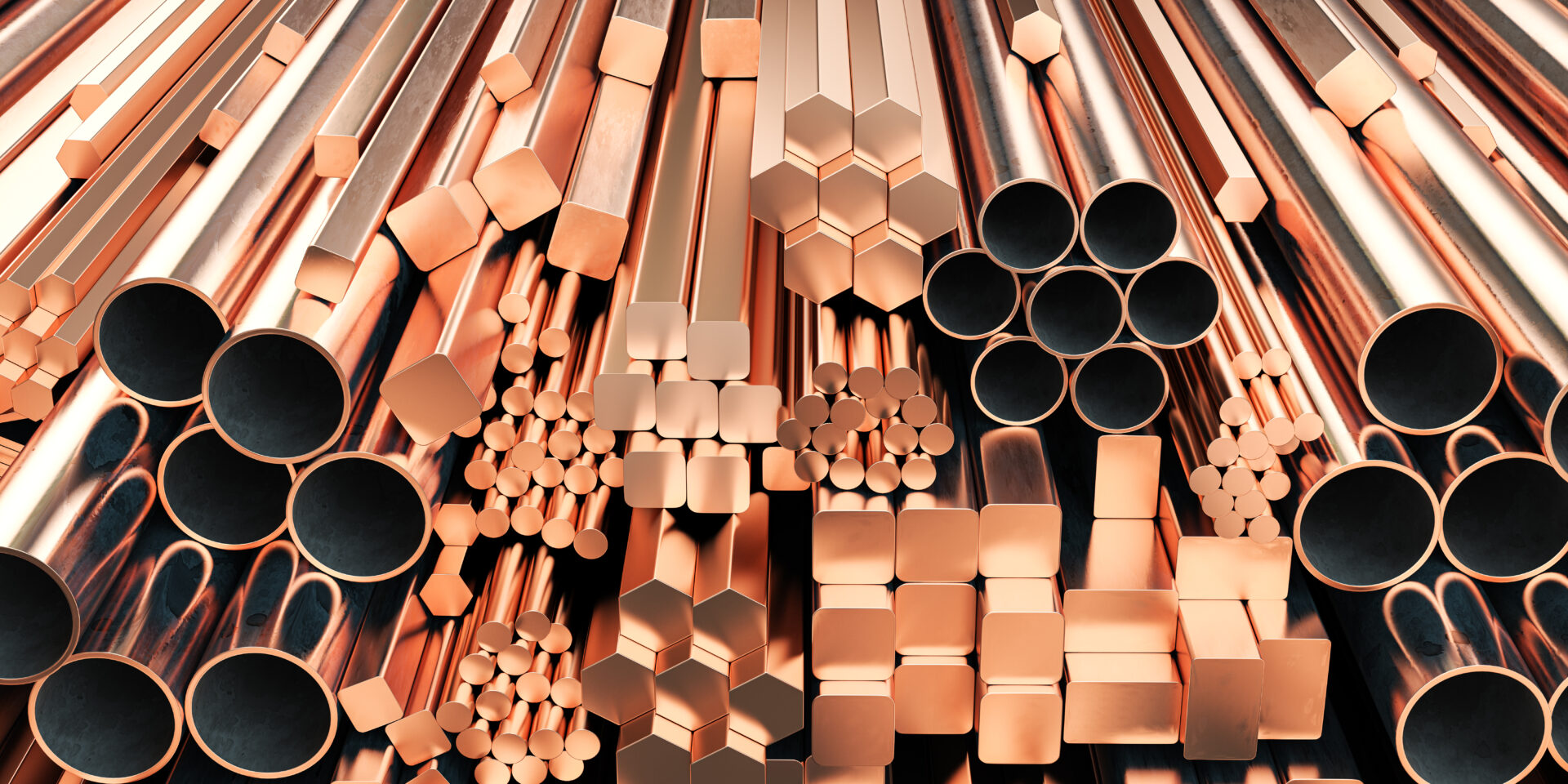
Businesses recycling can help the environment. It’s that simple. Here’s why you should recycle your scrap metal today.
Every year, the recycling industry becomes more sophisticated. And today it’s a thriving field that’s a long way from being about just plastic bottles and discarded newspapers.
Recycling has also transformed into a highly effective global green movement. And it’s an industry creating an increasing number of jobs around the world.
What many in the industry need now is items to be recycled. That’s particularly true for the scrap metal recycling industry.
Because this segment of the recycling industry has gotten increasingly important. In part, that’s for environmental reasons. Scrap metal recycling helps reduce the amount of ore drilling that’s done to locate metals. And that protects our natural resources.
But it’s also growing quickly because of the high demand for recycled metals that can be used in manufacturing new products.
And it’s important to note that this doesn’t just apply to individuals who may want to recycle old appliances or used car parts. Today, businesses large and small have a great opportunity to contribute to the environmental benefits of recycling. They can also get value from the metals they no longer need or use.
First of all, there are a lot of metals that can be recycled. That includes copper, steel, aluminum, brass, iron and wires.
More importantly, a lot of individuals – and, for that matter, business managers – often toss these items into the garbage. They’re not aware they’re ideal resources for those who use metal for new projects.
Therefore, educating the entire community is important. So that ranges from individual households to businesses. And it includes startups to large corporations. Because there’s a need for introducing people to the opportunities that metal recycling offers them.
What opportunities exist for businesses to recycle scrap metal?
Like households, businesses have their own metal items. They can be small ones – used appliances in the office kitchen, or steel chairs and other office fixtures.
As a result, businesses generate considerably more scrap metal. And that includes fields like auto dealers, the building and construction industry, and electrical suppliers. Companies that go through a decent amount of scrap metal over time need to understand the value they can get for it.
Fortunately, it’s increasingly common today for businesses to sell scrap metal.
Furthermore, while scrapping is obviously most beneficial to companies that work with metals in their daily production activities, any business can take advantage of, and benefit from, selling their excess metals.
What industries generate the most scrap metal?
There are a number of industries that generate a lot of scrap metal that can be recycled. They include:
• The auto industries, which will have a lot of leftover parts in their body shops and manufacturing plants.
• Auto body shops.
• Manufacturers of ships and airplanes.
• Food packaging companies, especially the ones that manufacture canned goods.
• Manufacturers of home cookery items.
• The construction industry, which often has a sizeable amount of leftover metals used in the construction of new homes, offices and other buildings.
• Roofing companies, which often deal in metal roofing sheets.
• Makers of electrical supplies made of metal, such as cabling, transformers, and connectors.
Establishing a scrap metal recycling program at any of these businesses is a smart move. Consequently, companies should make a commitment to scrapping. That ensures these items don’t end up in the office dumpster.
Supply and Demand

What a lot of businesses may not realize is that a key aspect of scrap metal recycling is something they cope with on a daily basis: the laws of supply and demand.
Right now, the demand for scrap metals outweighs the supply. Why? There are several reasons.
• Mining is considerably more expensive than recycling metals.
• There’s a finite amount of metal to be found through mining. However, recycling allows a single piece to be continuously reused.
• More education is needed to raise scrap metal recycling participation rates nationwide.
There are two kinds of metals to recycle: Ferrous and non-ferrous. And the main difference between the two is that ferrous metals contain iron, or alloys of iron like stainless steel.
Non-ferrous metals like copper, lead, aluminum, nickel, tin, titanium and zinc, are worth more per pound than ferrous metals. However, the price of scrap metal fluctuates, following the patterns of worldwide supply and demand. They can change daily.
On the other hand, there’s increasingly a strong global focus on sustainable manufacturing. Consequently, that will come from recycling metals, not from ore mining.
Especially relevant is that the manufacturing industry is expected to keep growing if recycled metal is available to them for future use. And that’s one of the reasons why the scrap metal recycling industry had generated more than $21 billion in annual revenues and employs more than 75,000 people today.
Where can you take your scrap metal?
Scrap metal yards don’t have an endless supply of metals, which is why there are scrap metal recycling companies. The high demand for scrap metal to be used in manufacturing new products, constructing new buildings, and creating all sorts of smaller parts, is why these recycling businesses got started in the first place.
GLE Scrap Metal is a full-service, all-in-one recycling company with operations throughout the U.S. GLE Scrap Metal operates 6 full-service scrap metal centers and recycling facilities nationwide, and now has more than 45 acres of outdoor scrap yard.
Another key point: The goal at GLE is to service everyone from individual customers to small and medium size businesses, to large corporations. GLE currently recycles millions and millions of pounds of scrap metal each year.
Most importantly, at GLE, we run our own fleet of trucks that can pick up the scrap metal from your business site and deliver it to the recycling plant. GLE employs a logistics team that handles the fleet of trucks, and we offer top dollar for our customers’ scrap, whether it weighs one pound or one million pounds.
Businesses Recycling Can Help the Environment
In conclusion, any businesses looking to recycle their scrap metal can contact GLE Scrap Metal at 855-SCRAP-88 to learn more about how they can recycle with us. Our team is ready to provide you with the insight and knowledge about this industry, and how we can help you.
Contact GLE Scrap Metal today, or visit our website, and stay updated on the latest trends in the scrap metal recycling industry. This is a resource we provide to help those who have only recently learned about the enormous environmental benefits of metal recycling.
At GLE Scrap Metal, we’re strong stewards of the environment and are eager to help educate others about the environmental benefits of recycling.



